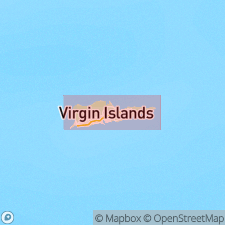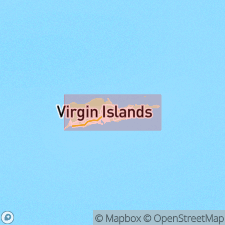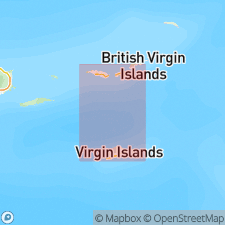
- Usage in publication:
-
- Fountain Gabbro
- Modifications:
-
- Named
- Dominant lithology:
-
- Gabbro
- AAPG geologic province:
-
- Caribbean region
Summary:
Named for Estate Fountain, north-central St. Croix, VI. Occurs in a wide valley in vicinity of Fountain, Parasol, Hermitage, Solitude, and Prosperity in north-central St. Croix. Expressed as a pluton 2.5 mi long and a maximum of 1.25 mi wide. Good exposures found along Scenic Road. Consists of hypidiomorphic granular, two-pyroxene gabber with accessory biotite, magnetite, and apatite; essential plagioclase and augite; and hypersthene which is either accessory or essential. Exhibits sharp and steeply dipping contacts with adjacent metasedimentary rocks. Lacks foliation except locally at contacts with country rock. Report includes geologic map. Age is not specifically given, but author notes that Maastrichtian to Oligocene time was characterized by low-grade metamorphism, folding, intrusion of igneous rocks, faulting, uplift, and formation of a wave-cut terrace.
Source: GNU records (USGS DDS-6; Reston GNULEX).

- Usage in publication:
-
- Fountain Valley Gabbro*
- Modifications:
-
- Age modified
- Geochronologic dating
- AAPG geologic province:
-
- Caribbean region
Summary:
Name variation of Fountain Valley Gabbro is used here [In error; should be Fountain Gabbro.]. Table 1 of this report indicates age refined to Late Cretaceous (71-66 m.y.) based on isotope dating of plutons in Northside Range, where gabbro outcrops (Whetten, 1966). See Lidz (1984).
Source: GNU records (USGS DDS-6; Reston GNULEX).

- Usage in publication:
-
- Fountain Gabbro*
- Modifications:
-
- Overview
- AAPG geologic province:
-
- Caribbean region
Summary:
Author follows usage of Whetten (1966) for the geologic units on St. Croix, VI. They include (ascending) the Late Cretaceous Mount Eagle Group, which consists of the Caledonia Formation, Allandale Formation, Cane Valley Formation (and its East End Member), and Judith Fancy Formation; Late Cretaceous Southgate Diorite and Fountain Gabbro intrusions; and Tertiary Jealousy Formation (early Eocene to middle Miocene) and Kingshill Marl (late Miocene, based on Gill, 1990).
Source: GNU records (USGS DDS-6; Reston GNULEX).
For more information, please contact Nancy Stamm, Geologic Names Committee Secretary.
Asterisk (*) indicates published by U.S. Geological Survey authors.
"No current usage" (†) implies that a name has been abandoned or has fallen into disuse. Former usage and, if known, replacement name given in parentheses ( ).
Slash (/) indicates name conflicts with nomenclatural guidelines (CSN, 1933; ACSN, 1961, 1970; NACSN, 1983, 2005, 2021). May be explained within brackets ([ ]).

